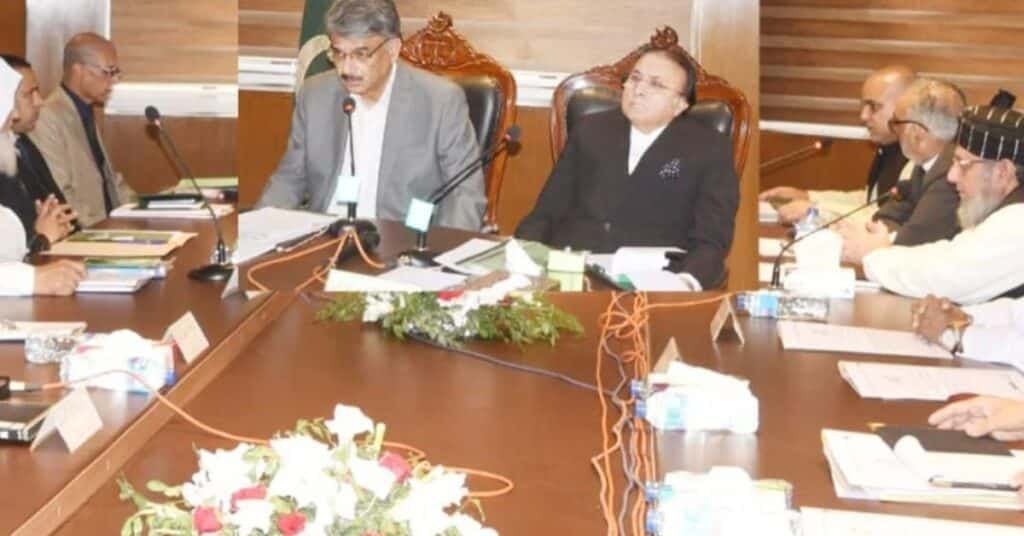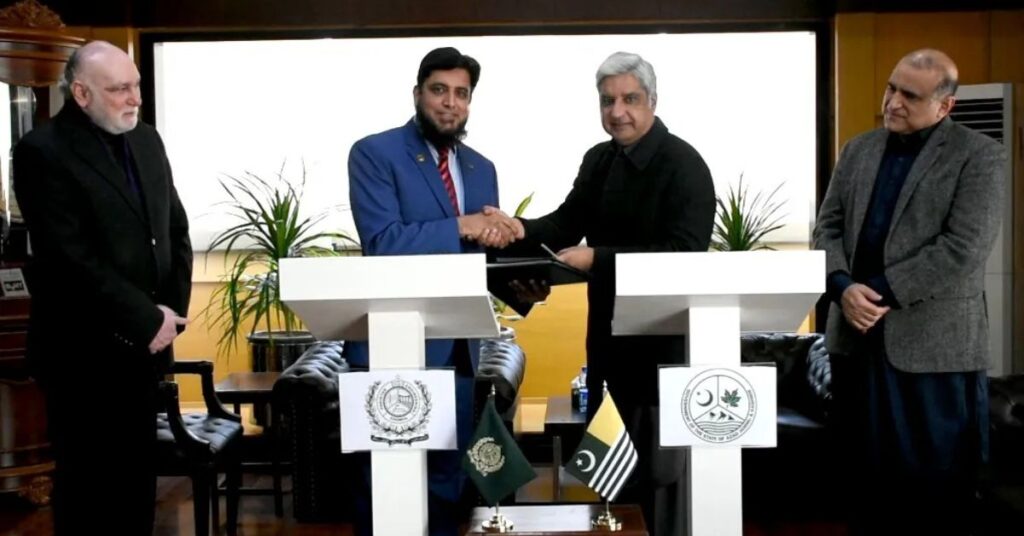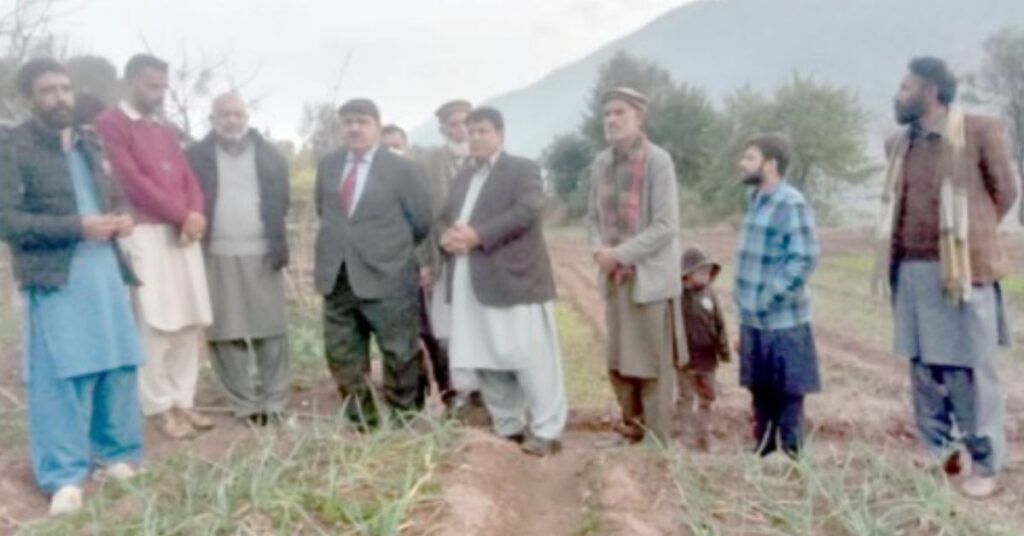MUZAFFARABAD (Kashmir English): Prime Minister Azad Jammu and Kashmir (AJK) Chaudhry Anwar ul Haq reaffirmed his government’s resolve to implement the recommendations of the Council of Islamic Ideology (CII) in letter and spirit.
While highlighting the significant contribution of the AJK Council of Islamic Ideology in promoting religious pluralism and interfaith harmony in the state, the PM said that the Council’s beauty and strength lies in the team of highly learned scholars, who represent a variety of schools of thought and perspectives.
Farewell meeting of CII AJK
The premier was addressing the farewell meeting of the current CII Azad Jammu and Kashmir, chaired by its Chairman and Chief Justice of Azad Jammu and Kashmir Justice Raja Saeed Akram Khan, in Muzaffarabad on Monday.
Besides AJK premier Chudhary Anwar ul Haq, the meeting was attended by members of the Council including Maulana Saeed Yousaf Khan, Maulana Sahibzada Pir Muhammad Habibur Rehman Mehboobi, Maulana Mufti Muhammad Arif, Maulana Altaf Hussain Saifi, Maulana Qazi Mahmood ul Hassan Ashraf, Maulana Mufti Muhammad Hussain Chishti, Maulana Qari Muhammad Azam Arif, Mufti Syed Kifayat Hussain Naqvi and other relevant authorities.
The Prime Minister stated that the government has prioritized the Council and was committed to fully implementing its recommendations.
Lauding the dedicated efforts of the scholars, he noted that their contributions to societal improvement were truly commendable.
Haq also assured the participants that the Council would receive priority support in terms of office space, staffing, and funding.
Addressing the meeting, Chief Justice Raja Saeed Akram Khan, who also serves as the chairman of the Council, commended the Prime Minister for attending the farewell gathering of the outgoing members.
He noted that the Prime Minister’s presence has significantly enhanced the forum’s importance and effectiveness.
Khan remarked that AJK people liberated the territory in 1947 after a hard-fought struggle based on the two-nation theory, allowing the majority population in the region to live freely in accordance with the principles of Islam and Sunnah.




